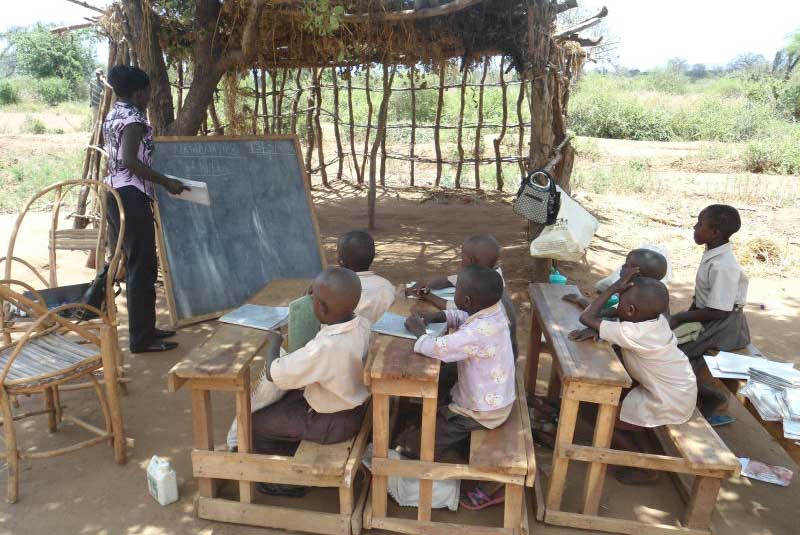
If the teachers’ unions, Kenya National Union of Teachers (Knut) and Kenya Union of post Primary Teachers (Kuppet) get their way, the teachers of Kenya and Kenyans may as well brace for another strike this year.
This is in relation to the delocalisation process began by the employer in early 2018 and which has resulted in head teachers and principals of secondary schools being moved from schools in their home counties or regions to other counties and regions. All this in an attempt to curb corruption in schools, reduce incidences of student indiscipline and bring about a more national outlook in the management of our leaning institutions.